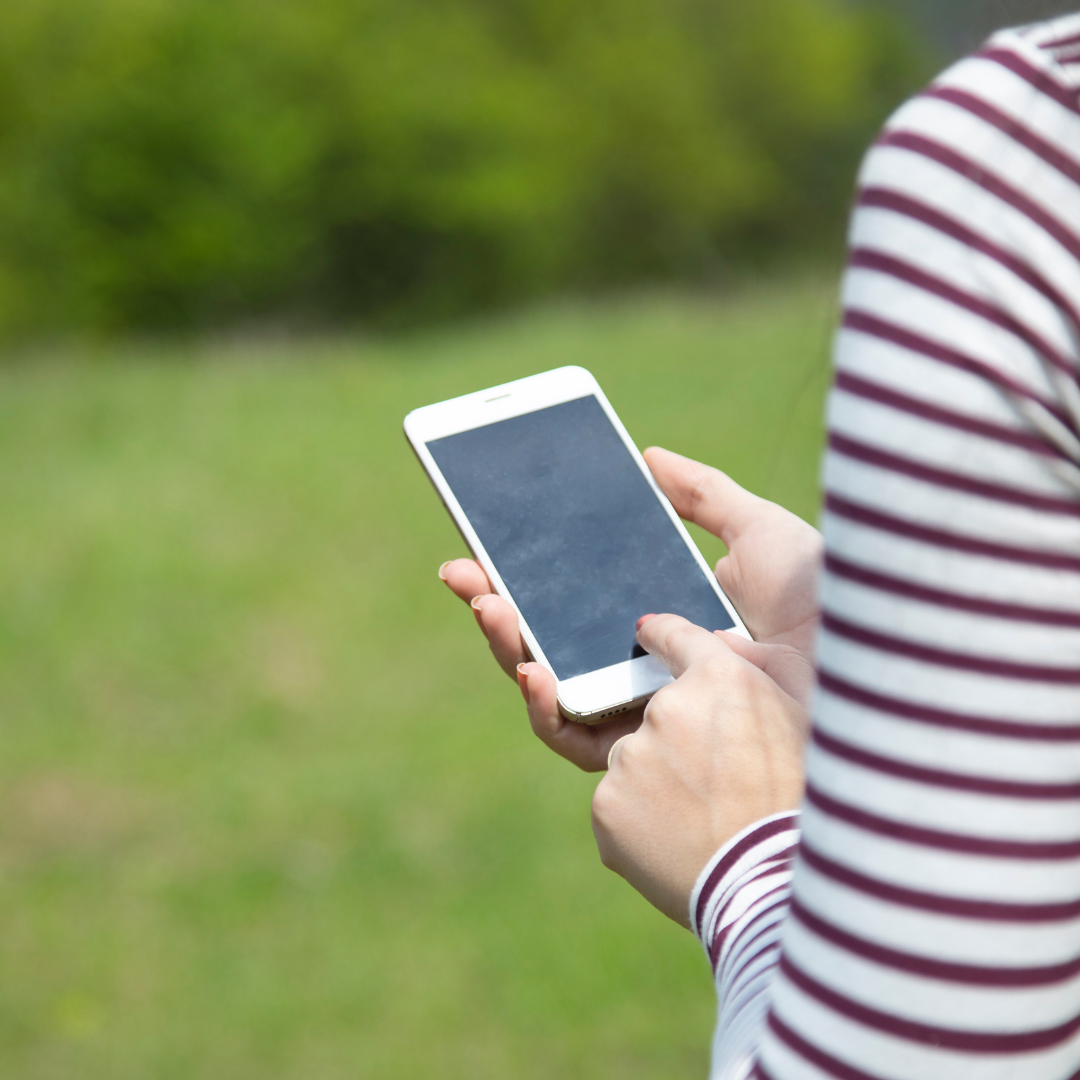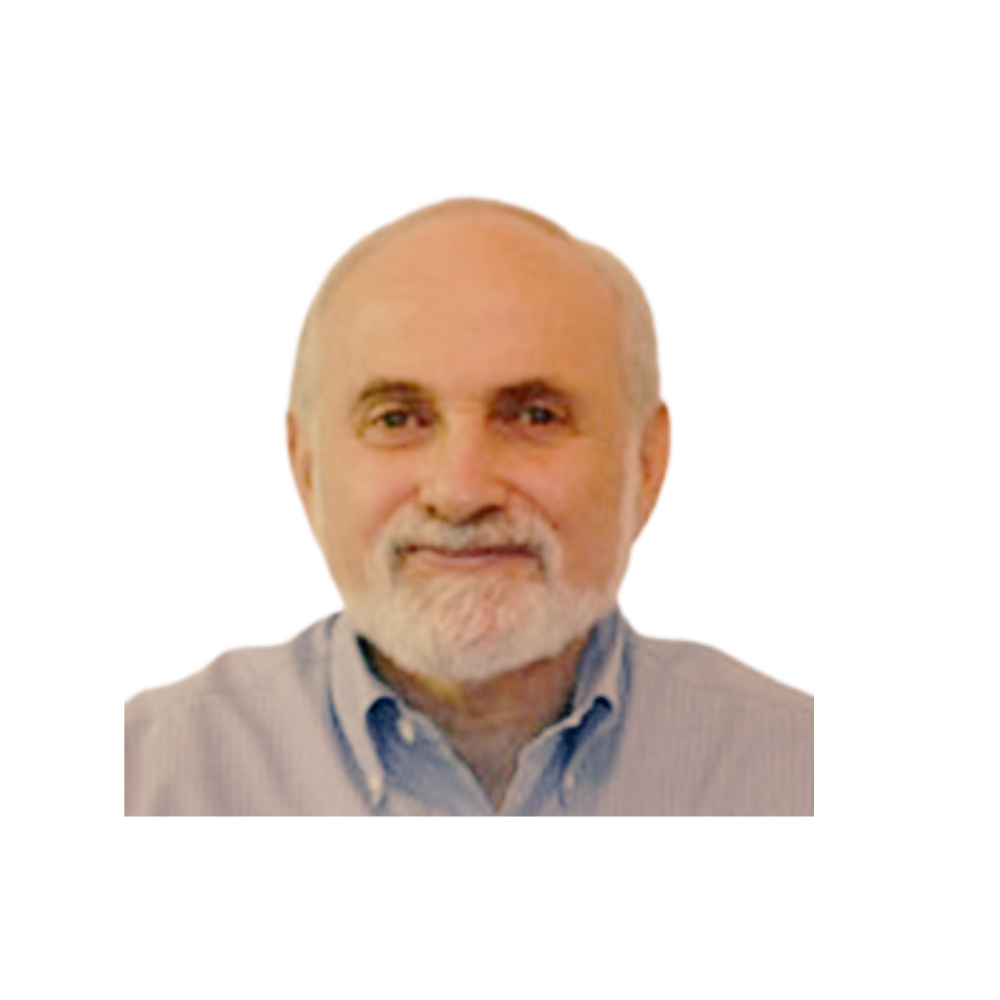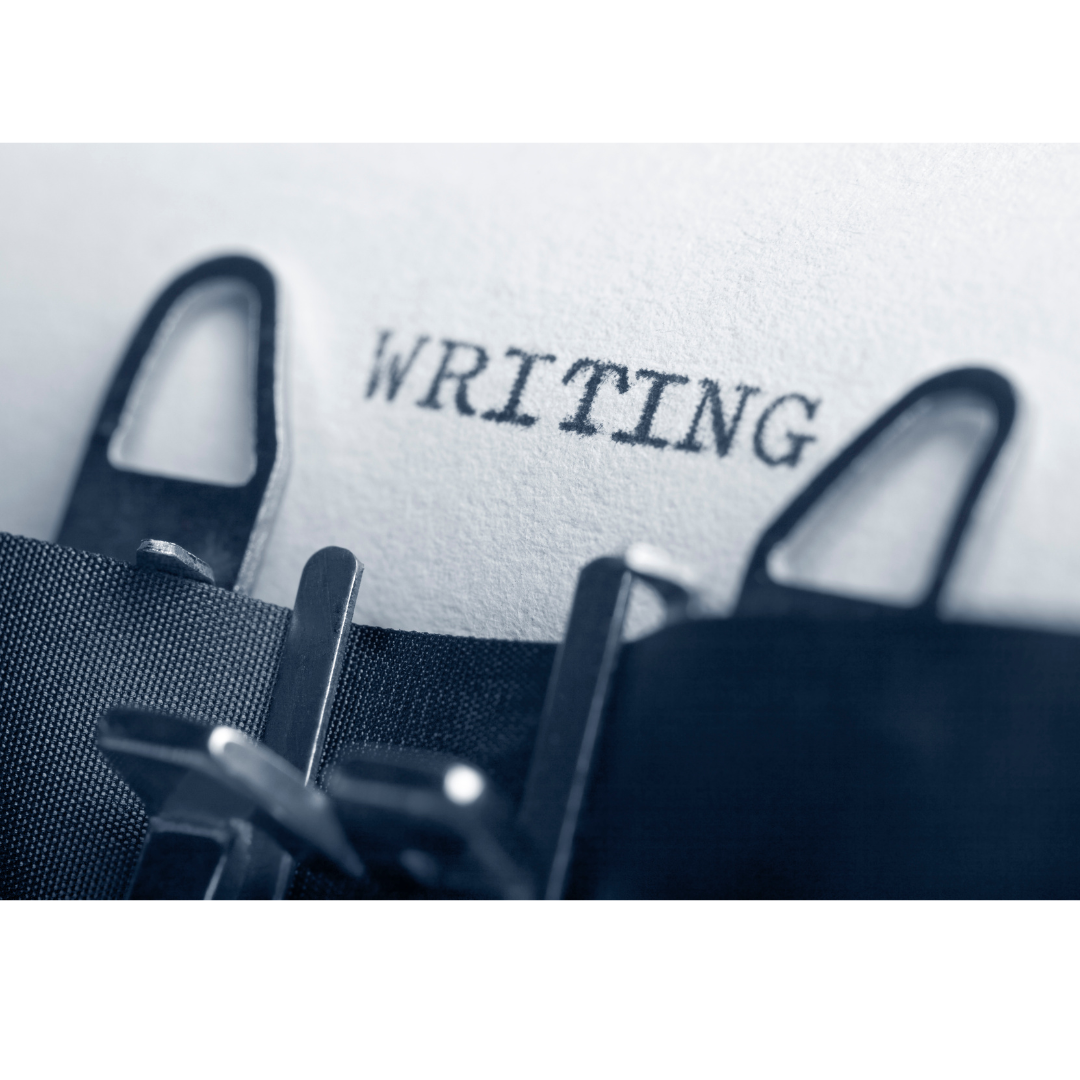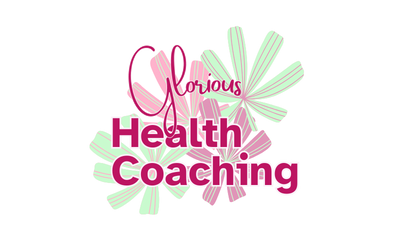Your Journal becomes Your Story
Hear me out.
Do you routinely dismiss thoughts of journaling? Since I regard journaling as a primary step in self-care, I would like you to consider this valuable tool. It may help you reveal a sparkling essence.
If you are not sure what journaling is, the short answer is “writing your story as it unfolds.” But it is important to delve into your why? There is a deeper and challenging rational for noting your inner questions and personal progress while you are on this planet. And the topic of ultimate importance, your why, changes and shifts in flavor and density. Sometimes seemingly unanswerable questions flash up in our minds (not talking here about what to have for breakfast). And sometimes it is simply discovering enormous pleasure in a particular color of a flower.
Journals are as varied as the people who write them. When done well, this practice is a journey where you tune into your intuition and hone the talent of listening to both subconscious and conscious thoughts. Have you ever wondered why you can’t accomplish a specific task, or why you are not where you want to be in life? The answers may lie within this area of consciousness and unconscious. Ideally, they work to complement each other. But that is not often the case. When these processes are battling at cross-purposes, indecision or poor decisions rob you of your energy and undermine your purposes.
When the obstacles are your competing wants and expectations, journaling can expose the rift and clarify both the goal and the pathway. Of course, we can’t do much about outside interference, but we can, assisted by a journal, navigate to the best position with the best options.

How is that possible?
Amazing insights are probably not going to jump out of the pages with a trumpet’s heralding. At least not initially and maybe never. But that’s OK. Journaling is a journey. As a note taking activity it allows you to honestly express ideas and then review with perspective. It takes practice for most of us to get to this rare level of honesty and insight, but it is possible, and the effort is always interesting.
There is popular advice telling us to repeat a positive affirmations until they becomes reality. Instead, I propose you ask your question and listen for an answer. That is a powerful use of journaling. Simply start writing before you know how the sentence or paragraph ends. I don’t understand how it works but it is often revealing because it is your personal download.
Getting started is sometimes hard, but convincing yourself to start is the gnarly part.
You may argue who has time to write a tome?
Glad you asked! That is what the rest of this post is about.

Just start writing, no matter what.
Louis L’Amour, America's storyteller and
bestselling author who brings to life the old American frontier.
Engage
You may have noticed how interesting thoughts come to you at the weirdest times, but what can you do? You can’t walk around with a pen and paper in your hands so what is the solution? How do you remember what you want to say?
Many people assume we have become slaves to social media and other technology-driven emptiness. But the same programmers and inventors who created social media have provided us with some fantastic tools to impower our journaling with creative insights and reflections. No, I’m not talking about AI generated text. I’m talking about notes that free up your cognitive possibilities by mapping your revelations with journal entries examining your conflicts, your unique dreams, and patterns.
Paperless writing – a journalist’ dream come true.
With a note app on your smart phone, you become free from the limits of paper and pen! Now you have the power to start journaling without those annoying ball point pens that skip and paper that curls in the fog.

If you have a smart phone, go to the “Notes” app. Open it, give your entry a title and date to make finding it easier when you start to consolidate your ideas.
Now, tap away. Some of us old timers peck letters very slowly. On a regular keyboard I’m a speed demon but on the tiny keys of the phone I’m all about hunt-and-peck. My old thumbs are no longer nimble, showing the years of wear and subtle damage that have accumulated. Pecking with an index finger may seem depressing to a keypad whiz, but many people find it the best way to construct thoughts. Here’s what I mean.
As the letters are slowly coming up and the autocomplete feature is making suggestions. I’m defiant. If autocomplete recommends a word, I make sure I don’t use it. I want my own word. Anyone can become engrossed as sentences begin to form. While you are keying in your thoughts, vivid words and significant phrases have a chance to pop up on your mental screen. The slow pace of the process allows you to be very focused --and expressive.
What could be more convenient than clicking a note or dictating anywhere, at any time, and in any lighting conditions?
Speak your thoughts.
An alternative to typing your journal on a phone is to speak your journal. Dictate thoughts into a voice recorder on a device. Programs are available to turn your voiced narrative into a transcript. Any transcript service you choose is going to take a little time to learn your speech patterns, but they are remarkably accurate once the learning curve is completed. A good place to begin shopping for a transcription service can be accessed online. This is a review I found in PC Magazine.

In a word: Honesty. This is not the time to invent characters and imagine situations. This is the time to bear your honest insights and map your truth because you are talking to yourself. Henry David Thoreau who took to the “wild” and spent time on Walden Pond (essentially in his mother’s backyard) was a journal writer. You may say your writing skills can’t match up to his, but this is not the place for comparisons. If what you write is interesting to you, that’s all that matters because that is a test of its honesty.
Journals are not written to share, necessarily. Of course, you may share, and some writers even publish theirs, providing opportunity for us all to learn from them.
Truth can be gritty.
In journaling, you eventually learn how to reach an unvarnished level of grit. If honesty with yourself is a new experience it can sometimes be very stimulating, like walking barefoot on a gravel path when you are accustomed to wearing shoes. But unlike the tension you would hold in your body while walking barefoot down that path, writing releases tension and this becomes one of its health benefits.
Once you identify journaling as an arena you want to explore, you will simply have to bear with some awkwardness for a while. I’m not saying it gets easier or less awkward, but those qualities become familiar and less intimidating. Unless you are a person of letters, and even if you are, this experience of writing honestly about your observations, how they impact you, and subsequent decisions will lead you down rabbit holes that you didn’t even know existed. Just go with the flow.
Relax and be surprised.
You will probably realize there is more to you than you knew. Are there parts you’re not pleased with? Now that they are out front and obvious, you have the chance to improve them. The reason I feel confident about this is I have read about many authors, both professional and novice, who have found honest dialogue with themselves by practicing this skill. Journaling is where the dialogue with yourself begins.
Technically, journaling is a record of your impressions, but it can also be a playground of thoughts. Notice I didn’t say “words” although they are important, but thoughts hold the magic.

We can take responsibility for our own thoughts and actions. We can put the world on our shoulders in our own small ways and lobby for justice, fairness, and goodness. We can love, give comfort, and occasionally smile. And we can endeavor to maintain courageous self-awareness by adopting practices that support that awareness. Journaling is one of those practices.
Eric Maisel, a retired family therapist
and active creativity coach, is the author of 50+ books
including Redesign Your Mind and The Great Book of Journaling.
Keep it simple.
Don’t gossip in your writing. Remember, we should be trying to grow in honest reflection, not attack anyone, ourselves included. This isn’t the place to be grouchy, hateful, or tacky. But I do recommend delving into personal reflection and commentary, even when it is dark. Without the shadow side we are thin and flimsy. Sometimes you may just want to get the ugly parts out of your head so you can move on.
A note about notation style.
Write/dictate in paragraphs if you can, and be specific. Bullet points let you skate over the surface. Try to express yourself in full sentences grouped into paragraphs. This way you will be able to reflect on these thoughts later when you re-read it.
What do you write about?
Are you at a loss for where to begin? Here’s an idea: Make notes of your opinions while reading someone else’s writing. Be conscious about copying someone else’s writing, though. If you need to refer to a passage, reword it or footnote it so you don’t accidentally get the original author’s words entangled with yours.
I started writing by being inspired by other authors because I have trouble writing on a blank tablet. But give me something to read and it acts as a springboard. My ideas start to flow. You may find that someone has used an unusual word that slingshots you into thoughts that are completely extraneous. These are important. Write them down. Or you might have a mental disagreement with an author’s conclusion and feel moved to write out your own opinion. It’s all fair in a journal.
Now do I have your attention?
I hope you have arguments or defenses to push back on what you have read here. I really mean it because if you have something to say about it, this becomes your journal entry for today. That’s how easy it is! Make a note now before it is diluted by everyday stuff.
My best advice.
Start writing before you know the end of the sentence you are starting. Let it flow, Baby.

